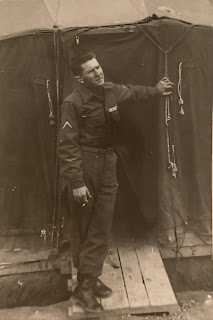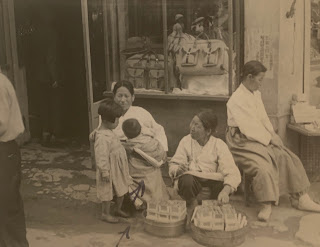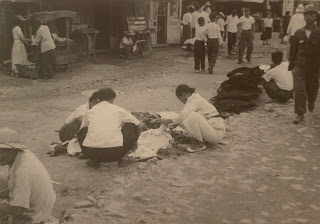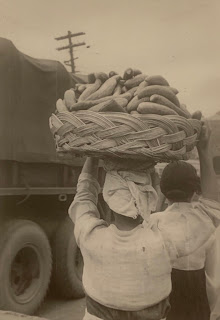Reflections
For many years, my favorite philosopher has been Leo Buscaglia. Though Leo died a few years ago, his teachings remain a discerning factor in the way da harv attempts to live his life. There was a time period when Leo helped me through the most trying period of my life. I have recommended his books to people of all ages, and from all walks of life.
Leo Buscaglia was known on campus at the University of Southern California as the “Love Professor”. His dynamism and love for people and life is an accepted force for many educators all over the world. What follows is one simple and to-the-point Leo quote that I feel like sharing with some people I, too, care about.
“Love is a mirror.
When you love another,
you become his mirror and he becomes yours…
And reflecting each other’s love, you see infinity.”
And Leo also liked to quote another favorite of his: Leo Rosten.
This Leo said:
“It is the weak who are cruel.
Gentleness can only be expected from the strong.”
This Sunday’s material was stimulated not by me viewing the turmoil of our country’s vast display of uneasiness, but rather the repeat of the human condition we manage to ignore. I, for one, do not choose to forget our history; certainly, some remembrances are not pleasantly etched in my mind’s eye, but the good of who came before me stimulate the strength needed by my family, friends, and any and all who are unable to provide the strength these trying times cry out for.
Long before my Father showed me his own personal display of courage and forbearance, he managed even in the worst of times to provide a hand to those around him in need. My Dad could have been a history teacher, he sure was mine–then came my high school baseball coach, my teammates, and the men who shared the imposing rigors of my life as a soldier in South Korea.
It was 1953, perhaps the most trying times of all for the Korean people, especially the children; many of them left without brothers, or sisters, family, or friends; they wandered the small villages in dire need of food, and protection from the severest of nature’s elements.
On July 27, 1953, at 9:00 PM, the fighting was suspended, we all breathed a protected sigh of relief. There were still sounds of explosions all over the place, and all of us were warned by our leaders, the Chinese communists can’t be trusted, don’t let your guard down, and we didn’t.
Overnight, our company area turned into a makeshift American town; shiploads of mail, packages containing every kind of food you could think of began arriving from the states. Enter the Korean kids from all over the place. We never had a shortage of food; not in the American army, not amongst any of us. That’s not to say the kids came directly into our compound. It was merely us, a group of mostly nineteen and twenty-year-old guys finding ways of getting a lot of our stuff into the hands of these children. Overnight, our thoughts of the war had begun to dissipate. Yesterday had become history.
While Leo Buscaglia’s explanation for the acts perpetrated by the despots of this world, it does allow this person his very own mirrored reflection. And in those fleeting moments, as self-worth is determined, perhaps then a single moment of infinity will be captured.
Be well, all!
HK
________________
When Harvey invited me to share my thoughts, I was initially hesitant due to never having visited the Motherland: a stranger to the turf. However, I can proudly say that I’m quite familiar with the culture and language, more than most fellow Korean-American peers. With that said, it has been fascinating to see and hear of Harvey’s experiences in Korea. My mom, who was far too young at the time, shares the fascination when I relay what I learn. The once bare lands of Korea in the wake of the conflict are now thriving—making it difficult to fathom what used to be. All in all, I feel blessed to learn the history of my dual roots through firsthand accounts; Harvey illustrates the turbulent times with such clarity and detail.
Thank you for your service, Harvey.
I can’t wait to hear more of your stories while we attempt to have more riveting conversations in Korean.
N. Chung




